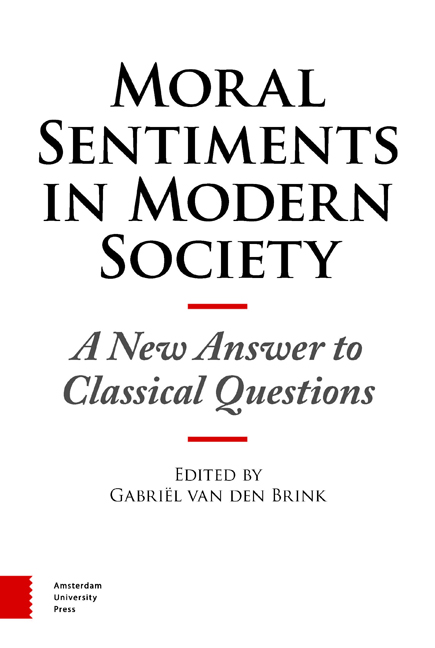Book contents
3 - The Netherlands as a Liquid Society
Published online by Cambridge University Press: 02 February 2021
Summary
In this chapter, we describe how the modernisation process has unfolded in the last half century in the Netherlands. This should clarify how modern ideals such as truth, equality and efficiency work in society. It goes without saying that such an outline must be succinct, not only because the space we have here is limited for analysing such a complex process but also because we did not set out to write a historical account. We limit ourselves to several main points, with the definition of modernity that we established earlier as our starting point. We aim to achieve two things in this chapter. First, it would help to explain to our non-Dutch readers what epitomises modernday Dutch society. Without such an explanation, the rest of our argument would be incomprehensible. Second, we would like to bring a number of basic data together in order to test a suspicion that we formulated earlier, namely that the modernisation of a society gives rise to certain risks or even disadvantages for the preservation of moral sensitivity. This last point is something we will address extensively in chapter 4.
We start with a few main points regarding the economic, political and intellectual development of the Netherlands. Although we will regularly be making use of time series, our research is not meant to be quantitative. We merely want to highlight certain qualitative changes that took place in economic life (section 1), political life (section 2) and cultural life (section 3) after the Second World War. We analyse what type of society these changes have produced. In our opinion, important characteristics of modern society include the gradual rise in expectations (section 4), the declining significance of institutional frameworks (section 5) and an increase in social mobility (section 6). We then point out the consequences of these trends for the Dutch population. We examine, for example, the modernisation of family life (section 7), public life (section 8) and professional life (section 9).
Economic modernisation
One of the most striking aspects of the post-WWII economic development of the Netherlands (and other Western countries) is, of course, the continual rise in the level of prosperity. Economists and historians to this day are still struggling to come up with an explanation for this phenomenon.
- Type
- Chapter
- Information
- Moral Sentiments in Modern SocietyA New Answer to Classical Questions, pp. 105 - 134Publisher: Amsterdam University PressPrint publication year: 2016



